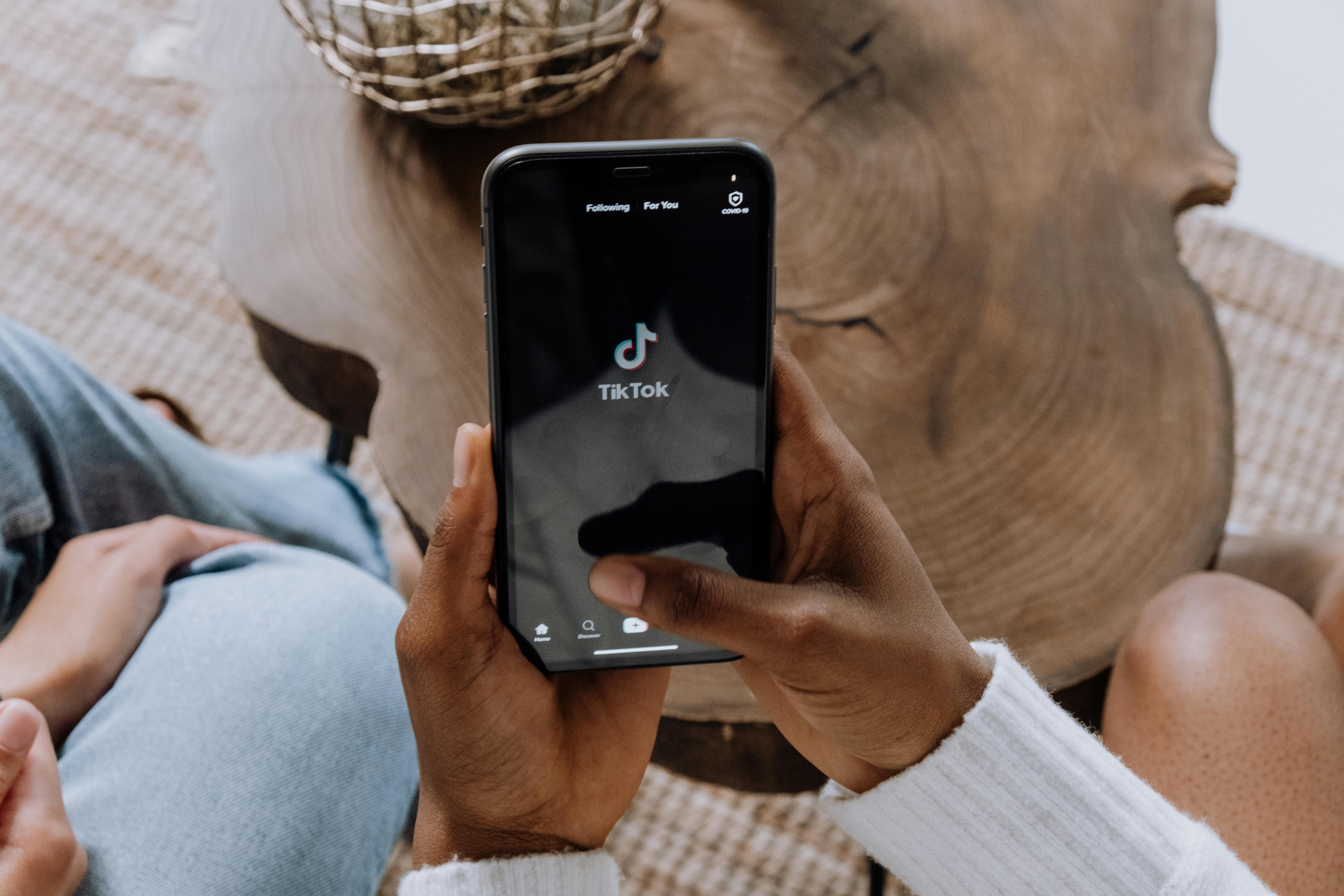Legal Battle Unfolds Over TikTok's Future in the U.S.
TikTok and its parent company ByteDance have launched a fierce legal challenge against the U.S. government following the enactment of the Protecting Americans From Foreign Adversary Controlled Applications Act (PAFCA). The law mandates the sale of TikTok to a non-Chinese entity by January 19, 2025, or face a nationwide ban, sparking a showdown between free speech and national security concerns.
First Amendment Rights at Stake
In response, TikTok has filed a lawsuit in the U.S. Court of Appeals for the District of Columbia Circuit, arguing that PAFCA violates the First Amendment rights of its 170 million American users. The company contends that the law's ban on TikTok impedes users' ability to express themselves freely, effectively censoring a platform with over 1 billion global users.
Constitutional Challenge and Scholarly Support
TikTok's legal challenge raises significant constitutional questions, with scholars backing its claims. The law's targeted ban on a single speech platform conflicts with established Supreme Court precedent that protects Americans' right to access foreign media, even if deemed hostile. The Berman amendment further prohibits presidents from obstructing the flow of foreign media, adding weight to TikTok's argument.
Data Privacy and National Security Concerns
Despite assurances from TikTok that it doesn't share user data with the Chinese government and storing data on U.S. servers owned by Oracle, concerns persist. The U.S. government fears that Chinese authorities could exploit TikTok's data for intelligence purposes, propaganda, or covert influence, highlighting the broader national security implications at play.
Implications for Future Regulation
The outcome of TikTok's legal battle will have profound implications for how the U.S. government regulates technology and foreign speech. As the case unfolds, it will test the delicate balance between national security interests and the protection of free speech in the digital age.
Conclusion: A Watershed Moment for Tech Regulation and Free Speech
TikTok's lawsuit against the U.S. government represents a pivotal moment in the intersection of technology, national security, and constitutional rights. The outcome will shape the future landscape of digital regulation and set precedents for how governments navigate the complexities of free speech in an interconnected world.
FAQS
Q: What is the Protecting Americans From Foreign Adversary Controlled Applications Act (PAFCA)?
A: The Protecting Americans From Foreign Adversary Controlled Applications Act (PAFCA) is a law signed by President Joe Biden on April 24, 2024, which requires TikTok to be sold to a non-Chinese entity or face a nationwide ban in the United States
.
Q: What are the concerns behind PAFCA?
A: The law was enacted due to national security concerns related to TikTok's Chinese ownership by ByteDance, with fears that China could use the app to access U.S. user data, spread propaganda, or engage in covert influence
.
Q: What does TikTok claim about its data handling practices?
A: TikTok has repeatedly denied providing Chinese government officials with access to U.S. user data and has taken steps to protect user information by hosting the data on servers owned by U.S. tech giant Oracle
.
Q: What are the legal implications of PAFCA?
A: TikTok has filed a lawsuit against the U.S. government, alleging that the law infringes upon the First Amendment rights of its users and that a divestiture within the given timeline is unrealistic
.
Q: What are the potential consequences of a TikTok ban?
A: If TikTok fails to sell or face a ban, U.S. app stores and web hosting services would be prohibited from carrying the app, effectively enforcing a nationwide ban. This could have significant implications for the platform's users and the broader online community
.
Q: How does the U.S. government justify the ban?
A: The U.S. government has expressed concerns over TikTok's ties to China, citing potential national security risks, but has yet to provide concrete evidence that the app has shared user data with the Chinese government or influenced content on the platform
.
Q: What are the broader implications of the TikTok case?
A: The outcome of the TikTok case could set a precedent for government intervention in the online space, potentially infringing on the decisions of platforms regarding what content to host, and could have far-reaching consequences for how the U.S. government regulates technology and foreign speech in the future.

